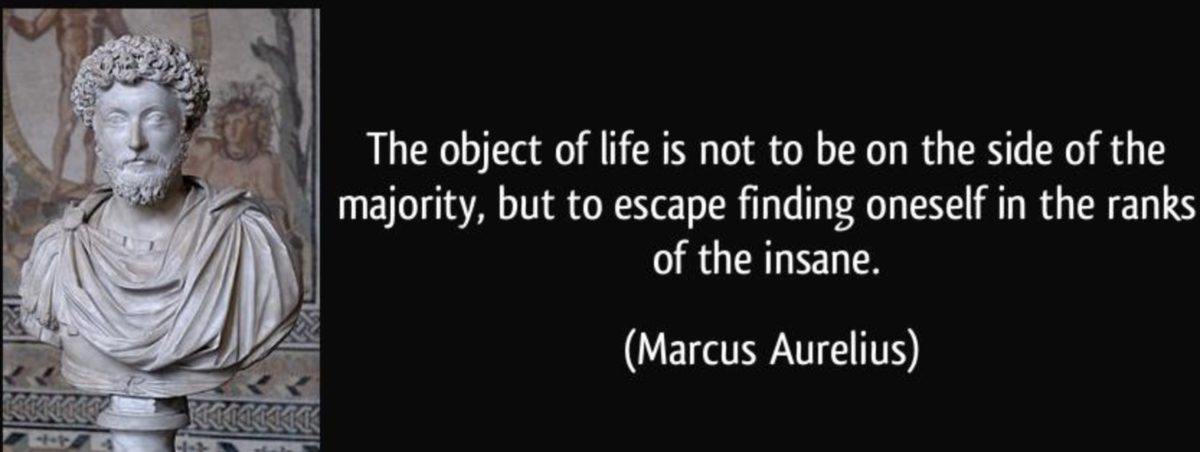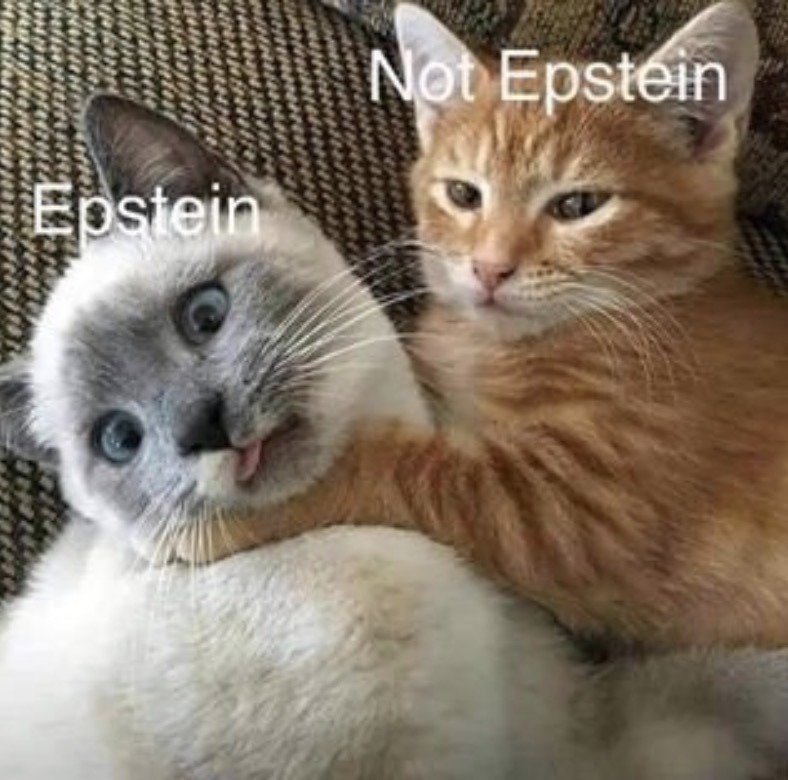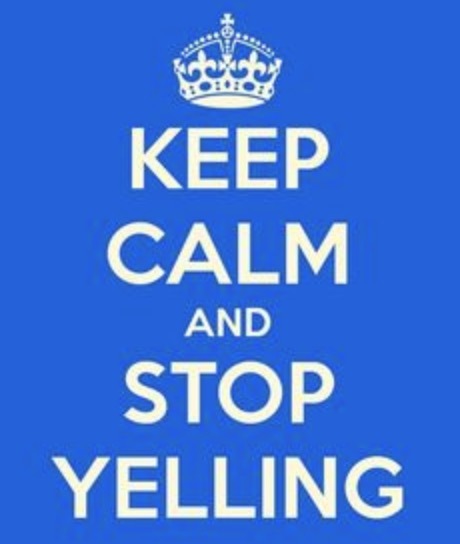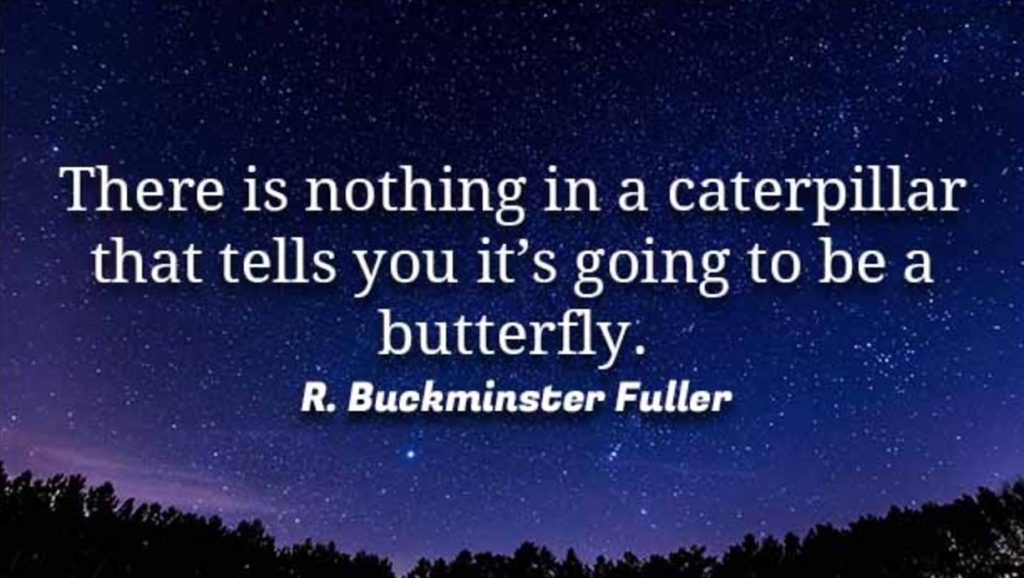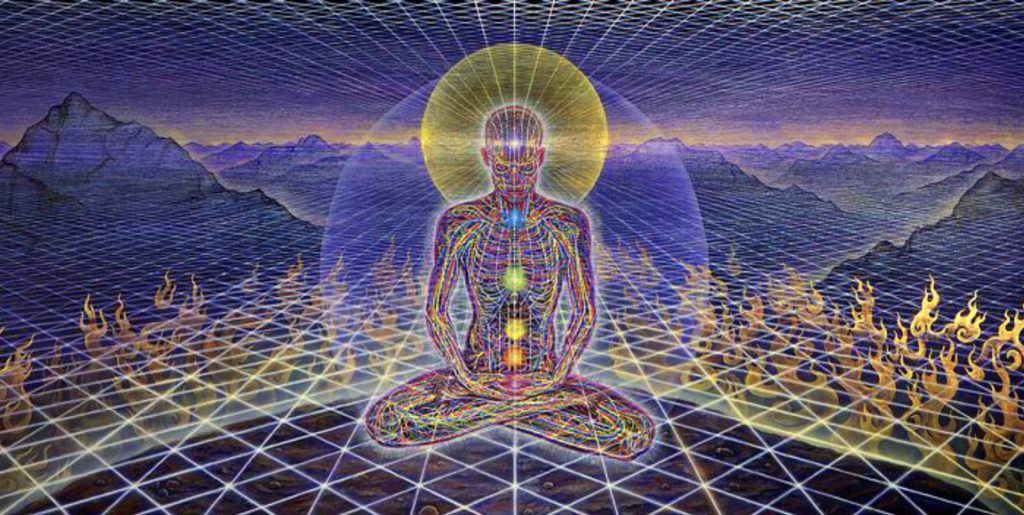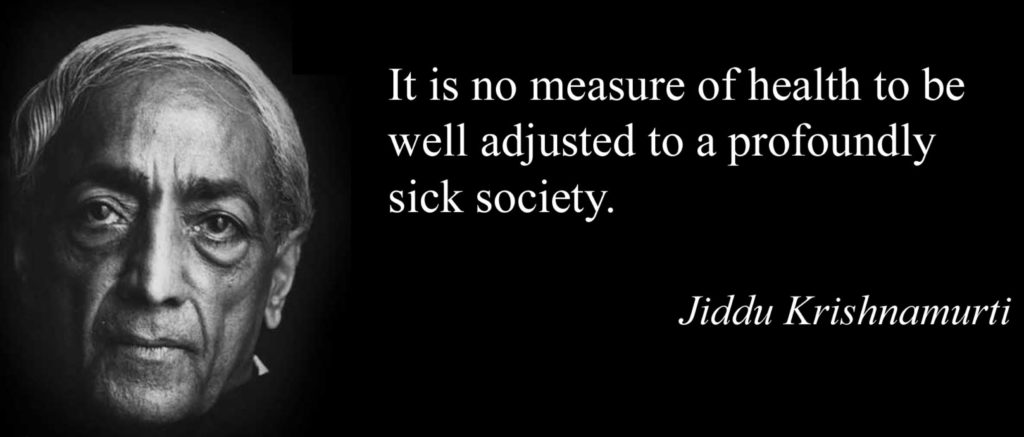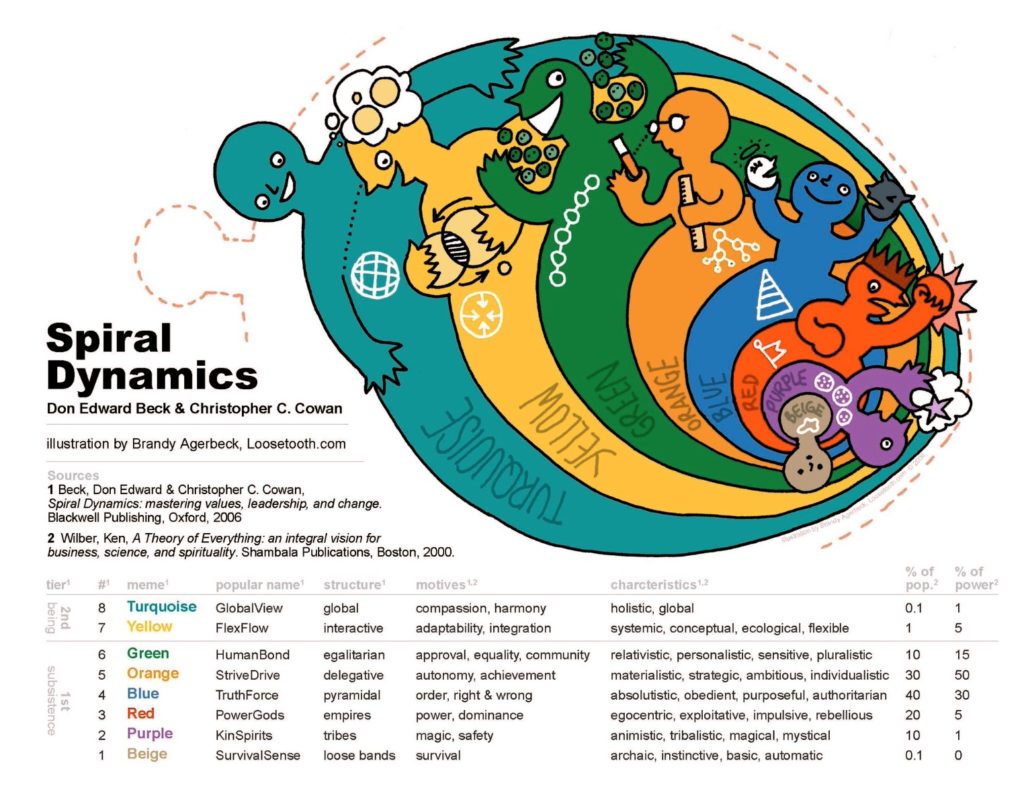
I have, in numerous previous publications (especially Integral Psychology) given the details of many of those researchers. Here I will simply use one of them as an example. The model is called Spiral Dynamics, based on the pioneering work of Clare Graves. Graves proposed a profound and elegant system of human development, which subsequent research has refined and validated, not refuted. “Briefly, what I am proposing is that the psychology of the mature human being is an unfolding, emergent, oscillating spiralling process marked by progressive subordination of older, lower-order behavior systems to newer, higher-order systems as an individual’s existential problems change. Each successive stage, wave, or level of existence is a state through which people pass on their way to other states of being. When the human is centralized in one state of existence” —as I would put it, when the self’s center of gravity hovers around a particular wave of consciousness— “he or she has a psychology which is particular to that state. His or her feelings, motivations, ethics and values, biochemistry, degree of neurological activation, learning system, belief systems, conception of mental health, ideas as to what mental illness is and how it should be treated, conceptions of and preferences for management, education, economics, and political theory and practice are all appropriate to that state.”
As Beck and Cowan have pointed out, second-tier thinking has to emerge in the face of much resistance from first-tier thinking. In fact, a version of the postmodern green meme, with its pluralism and relativism, has actively fought the emergence of more integrative and holarchical thinking. (It has also made developmental studies, which depend on second-tier thinking, virtually anathema at both conventional and alternative universities.) And yet without second-tier thinking, as Graves, Beck, and Cowan point out, humanity is destined to remain victims of a global “auto-immune disease,” where various memes turn on each other in an attempt to establish supremacy.
This is why developmental studies in general indicate that many philosophical debates are not really a matter of the better objective argument, but of the subjective level of those debating. No amount of orange scientific evidence will convince blue mythic believers; no amount of green bonding will impress orange aggressiveness; no amount of turquoise holarchy will dislodge green hostility—unless the individual is ready to develop forward through the dynamic spiral of consciousness unfolding. This is why “cross-level” debates are rarely resolved, and all parties usually feel unheard and unappreciated.
As we were saying, first-tier memes generally resist the emergence of second-tier memes. Scientific materialism (orange) is aggressively reductionistic toward second-tier constructs, attempting to reduce all interior stages to objectivistic neuronal fireworks. Mythic fundamentalism (blue) is often outraged at what it sees as attempts to unseat its given Order. Egocentrism (red) ignores second-tier altogether. Magic (purple) puts a hex on it. Green accuses second-tier consciousness of being authoritarian, rigidly hierarchical, patriarchal, marginalizing, oppressive, racist, and sexist.
Green has been in charge of cultural studies for the past three decades. On the one hand, the pluralistic relativism of green has nobly enlarged the canon of cultural studies to include many previously marginalized peoples, ideas, and narratives. It has acted with sensitivity and care in attempting to redress social imbalances and avoid exclusionary practices. It has been responsible for basic initiatives in civil rights and environmental protection. It has developed strong and often convincing critiques of the philosophies, metaphysics, and social practices of the conventional religious (blue) and scientific (orange) memes, with their often exclusionary, patriarchal, sexist, and colonialistic agendas.
On the other hand, as effective as these critiques of pre-green stages have been, green has attempted to turn its guns on all post-green stages as well, with the most unfortunate results. In honorably fighting many rigid social hierarchies, green has condemned all second-tier holarchies—which has made it very difficult, and often impossible, for green to move forward into more holistic, integral-aperspectival constructions.
– From Ken Wilber’s 2000 article: The Integral Vision at the Millennium
First off, I want to thank everyone for bearing with me during my break. It’s rare that I step away from my incessant reading and writing for such a lengthy period. Emotionally and intellectually, I found it to be deeply invigorating as well as periodically frustrating. Frustrating, in the sense that I am unquestionably addicted to reading about current events, yet I came to understand that removing yourself from the 24/7 outrage news cycle gives you some much needed perspective. By removing myself from the conversation for a moment, I was able to more clearly recognize just how completely idiotic the conversation has become. Ultimately, whether or not I gained some genuine insight during my time away will be revealed by the quality of work I produce in the days, weeks and months ahead. So let’s get started.
Read more
Follow me on Twitter.

